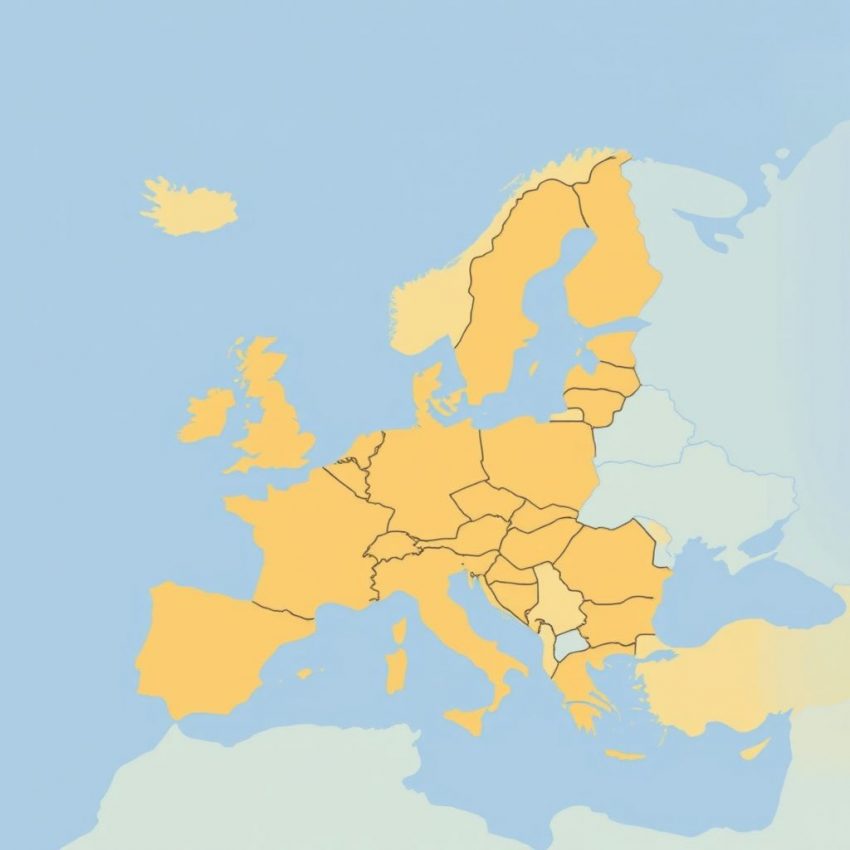Are EWOR Fellowships the Real Project Europe is Looking For?
The European Work in Other Realms (EWOR) fellowship program has been generating buzz lately, touted as a potential game-changer for cross-cultural understanding and collaborative innovation. But amidst the excitement, a critical question arises: Are EWOR fellowships the real project Europe is looking for? Do they address the core challenges facing the continent, or are they a well-intentioned but ultimately peripheral initiative?
The premise of EWOR is compelling. By enabling professionals from diverse fields to spend time working in other European countries, the program aims to foster a deeper understanding of different cultural contexts, work practices, and societal norms. This, in turn, is expected to spark new ideas, facilitate cross-border collaborations, and ultimately strengthen the fabric of European integration.
On the surface, the potential benefits are numerous:
- Boosting Innovation: Exposure to new perspectives and working environments can ignite creativity and lead to innovative solutions.
- Enhancing Skills and Employability: Participants gain valuable international experience, enhancing their skillsets and making them more attractive to employers.
- Strengthening Networks: EWOR fosters the creation of professional networks that can facilitate future collaborations and partnerships.
- Promoting Cultural Understanding: Immersion in a different culture breaks down stereotypes and fosters mutual respect.
However, a closer examination reveals potential pitfalls and challenges that need to be addressed:
- Accessibility and Inclusivity: Are these fellowships accessible to all, or do they primarily benefit those with existing privileges and resources? Efforts must be made to ensure equitable access and participation from diverse backgrounds.
- Impact and Sustainability: How can the impact of these fellowships be measured and sustained beyond the individual level? Clear metrics and long-term strategies are crucial for demonstrating the program's value.
- Bureaucracy and Administration: Overly complex application processes and administrative hurdles can discourage potential participants and limit the program's reach.
- Relevance to Real-World Challenges: Does EWOR truly address the pressing issues facing Europe, such as economic inequality, climate change, and social fragmentation? The program needs to demonstrate its relevance to these broader societal challenges.
Ultimately, the success of EWOR hinges on its ability to overcome these challenges. The program has the potential to be a valuable tool for fostering European integration and innovation, but it needs to be more than just a feel-good initiative. It requires a clear vision, robust implementation, and a commitment to addressing the core issues facing the continent.
The question remains: Is EWOR the real project Europe is looking for? The answer, for now, remains to be seen. But the program’s potential is undeniable, and its success or failure will offer valuable lessons for future initiatives aimed at strengthening the European project. We encourage you to share your thoughts and experiences in the comments below. Let's discuss what makes a truly impactful European project.
Don’t miss out on this exclusive deal, specially curated for our readers!
This page includes affiliate links. If you make a qualifying purchase through these links, I may earn a commission at no extra cost to you. For more details, please refer to the disclaimer page. disclaimer page.

